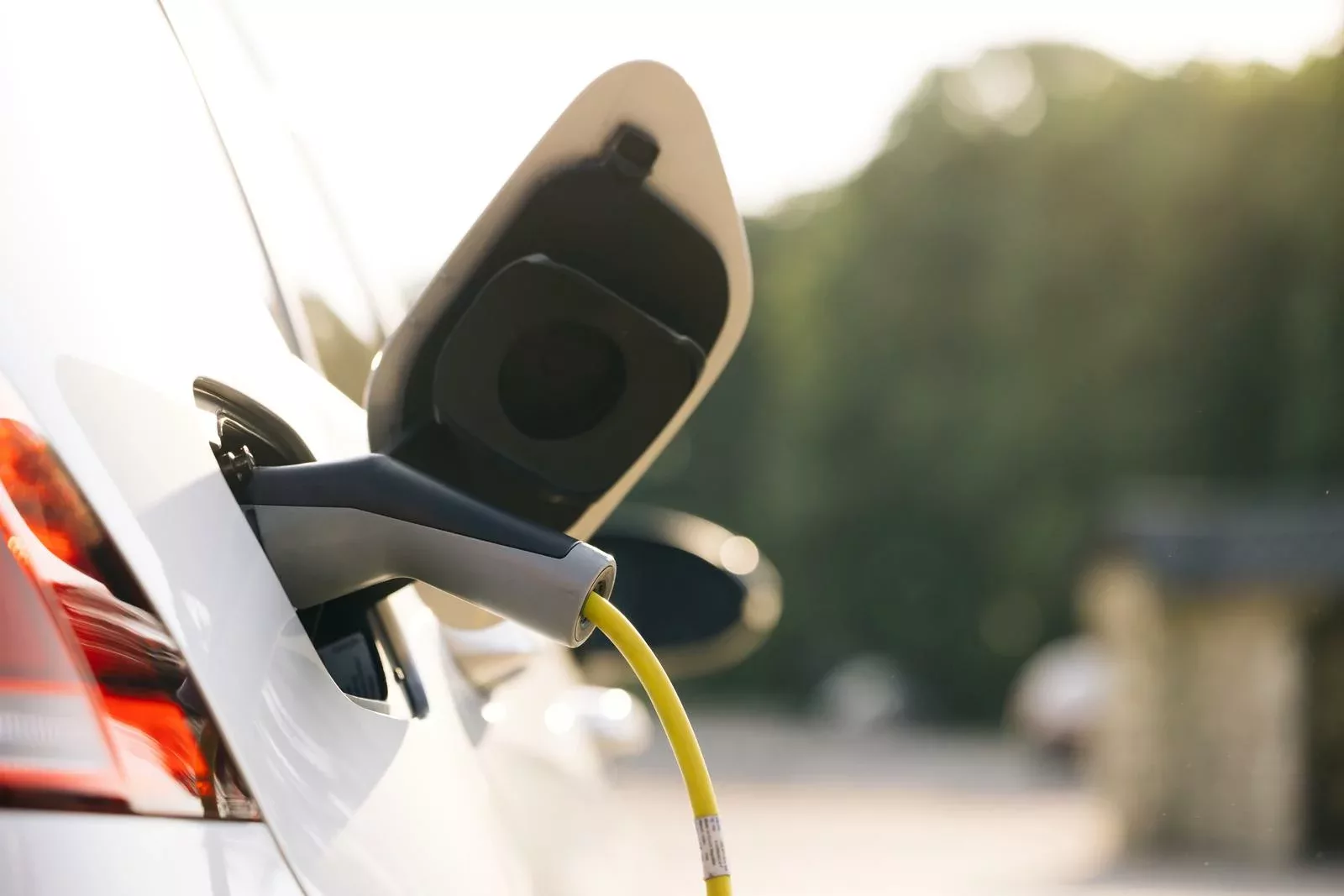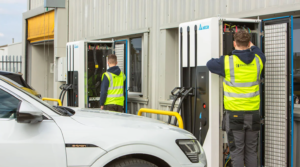The Association for Renewable Energy and Clean Technology – the REA – plus Zemo Partnership, FairCharge and The Climate Group have jointly signed a letter which calls on Minister for Decarbonisation and Technology The Rt Hon Jesse Norman MP to take forward recommendations set out in RECHARGE UK’s report ‘Charging Forward to 2030’.
The report, by the REA’s EV arm RECHARGE UK, provides a roadmap of how the industry can accelerate chargepoint deployment to keep up with the growth of electric vehicle (EV) sales in the UK.
In the letter, Dr Nina Skorupska CBE, Chief Executive of the REA, calls for the following recommendations from the report to be taken forward:
• Promote local system flexibility: Support the deployment of flexible solutions such as battery storage and solar to provide local system flexibility and reduce the need for costly grid reinforcement.
• Prioritise chargepoints in connection queues: When emergency services and road freight are reliant on charging infrastructure to fulfil their roles, chargepoints should be considered nationally significant infrastructure and be eligible for prioritisation in the connections queue.
• Improve local authority involvement: The Government should introduce a statutory duty to plan for EV infrastructure on local authorities. This should support more detailed evaluation of requirement for anticipatory investment in grid capacity.
• Introduce a right to charge: The Government should introduce a right to charge which protects tenants in multi storey buildings from the high upfront cost of grid connections and enables future tenants to install chargepoints more easily.
• The Future of Transport Regulatory Review: Ensure that car parks can support a growth in EV demand to 2030, by mandating more ambitious minimum levels of chargepoints and cabling installed in new and existing car parks.
• Zero Emissions Vehicle (ZEV) Mandate: Ensure that the ZEV mandate is as ambitious as possible and flexibility mechanisms are restricted to provide investor confidence for a newly developed charging industry. Ensure Plug and Charge and V2X are included in requirements at the next earliest review of the ZEV mandate.
• Mandate accessibility requirements for public chargepoints to ensure wheelchair users always have equal access to charge their vehicle.
• Introduce a van charging standard to enable van drivers to charge as easily as car drivers.
Dr Nina Skorupska CBE, Chief Executive of the REA (Association for Renewable Energy and Clean Technology) said: “We are committed to playing our part in accelerating chargepoint deployment and fully recognise that achieving a successful chargepoint rollout will require actions from multiple stakeholders in the electric vehicle charging space. We look forward to working with the Department for Transport and Office for Zero Emission Vehicles in order to see these recommendations delivered.
“By adopting the recommendations in this report, the Government can achieve its target of reaching 300,000 chargepoints by 2030, creating new jobs and driving economic growth. We firmly believe that the recommendations of this report provide the opportunity to reinvigorate the charge to net zero transport. This will help end criticism of the capability of charging infrastructure to meet future demand and directly address the geographic inequalities of charging infrastructure that are reported today.
“Considering this, we urge you to adopt the recommendations of ‘Charging Forward to 2030’ to make a significant difference in the speed at which we can deploy EV charging infrastructure that is equitable and fit for the future.”
Andy Eastlake, Chief Executive of Zemo Partnership said: “Zemo Partnership welcomes the detailed and analytical approach of RECHARGE UK’s report which builds directly on the collaborative work of the Zemo-convened EV Energy Taskforce. As the report highlights, the provision of EV charging is a complex challenge of energy generation, storage, distribution, delivery and information – it’s not just about providing a socket.
“Enhancing the skills base and improving resources in every area of planning, local authority, consumer communication and chargepoint installation will be critical for success. But it is clear, consistent and ambitious policy, developed through collaboration and driven from the centre – together with rapid delivery of the detailed recommendations of the RECHARGE report that will create the right environment for greater investment in net zero, by both companies and consumers.”
Quentin Willson, Founder of FairCharge, said: “I warmly welcome the REA’s report on developing the UK’s charging infrastructure. It’s essential that we have the political leadership and resolve to create a charging infrastructure that both reassures consumers and generates UK growth, investment and jobs.
“2023 has seen the largest number of charging connections ever and charge point operators have pledged a further £6 billion by 2030. The UK is in a global race to secure EV and charging investment, but we risk becoming last if we don’t have enough connections to support the many billions being spent by the likes of Tata, JLR, Ford, BMW and Stellantis. A word-class charging infrastructure will keep our UK car industry globally competitive. Building it as fast as we can is critical.”
Dominic Phinn, Senior Policy Manager at Climate Group, said: “From the 2030 ban on new petrol and diesel vehicles to the planned Zero Emission Vehicle mandate, the UK Government has ambitious plans to make the UK a frontrunner in electric vehicles. However, it’s now time to deliver on these ambitions with pragmatic policies to accelerate the switch.”
“This [Charging Forward to 2030] report is packed with practical recommendations that Ministers would be wise to adopt to ensure the UK has a good supply of electric vehicles to meet huge demand demonstrated by both companies and consumers while rolling out adequate charging infrastructure across the country.”
(Picture – Yay Images)





















